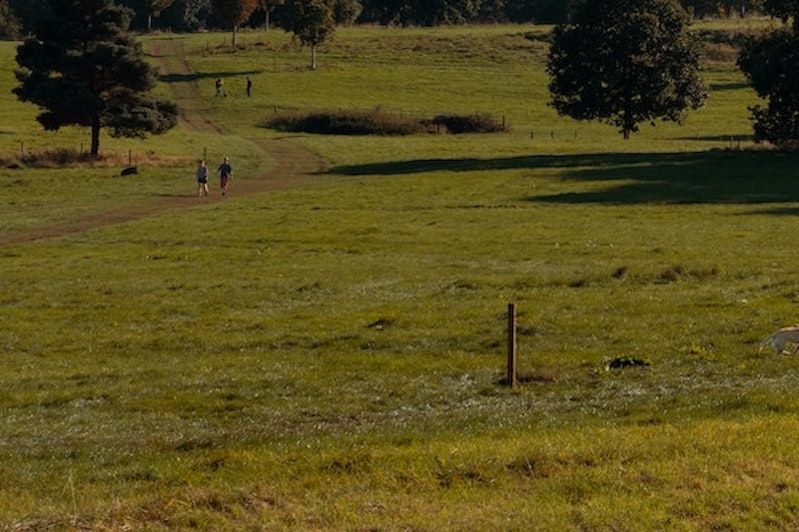
Advice and Guidance
The transfer of knowledge and information about soils management comes in many forms – guidance booklets and online sources, professional farming advisors, peer-to-peer learning, certification schemes and regional information hubs.
There is a downside to this surfeit of content, however. The information provided can be inconsistent and even contradictory, it may not always reflect local circumstances (crop, climate etc.) and not always be created by soils experts – or even with soil outcomes in mind. Users don’t always know which resources to trust.
By way of example, an analysis by the SSA in 2020 revealed over 40 forms of soils guidance – developed by a wide variety of organisations - in common usage around the country.
Similarly, when it comes to the ‘advice industry’, there is a huge range in the quality and extent of soils knowledge. For a generation, advisor training has focused on minimising productivity risks, yield maximisation and crop protection at the expense of the public goods soils deliver, and the harm resulting from soil degradation.
This situation justifies government intervention – but not a one size fits all approach. Land managers need to be able to access a suite of advice options so they can choose what works for them – safe in the knowledge that the advice and guidance they receive is expert, authoritative, relevant to their geographical context and aligned with broader regulations and incentives.
There is a broader challenge here with ‘soils knowledge’. Currently there is no farming extension service or coordinated research at either national or regional level, while college courses are business focused with very little about soils management. Funded research meanwhile tends to be academic, not about farmer application.
At the SSA, we call for:
- Soil advice to be embedded in future farming incentive schemes – this should be independent, flexible, simple, easy to engage with and encourage straight-forward actions. Peer-to-peer learning should be encouraged where possible.
- The development over the long term of a farming advice industry that is fully independent of industry (product sales) influences.
- A review of CPD services for all farm advisers with the expectation that they are explicitly trained in soils management e.g. BASIS Soil and Water.
- The development of official, accredited and region/crop specific guidance on soils management by soils specialists – giving farmers peace of mind that it is authoritative and expert.
- An examination of soil's place within higher and further education to ensure it reflects the most recent scientific and policy developments relating to soil’s role and function.

